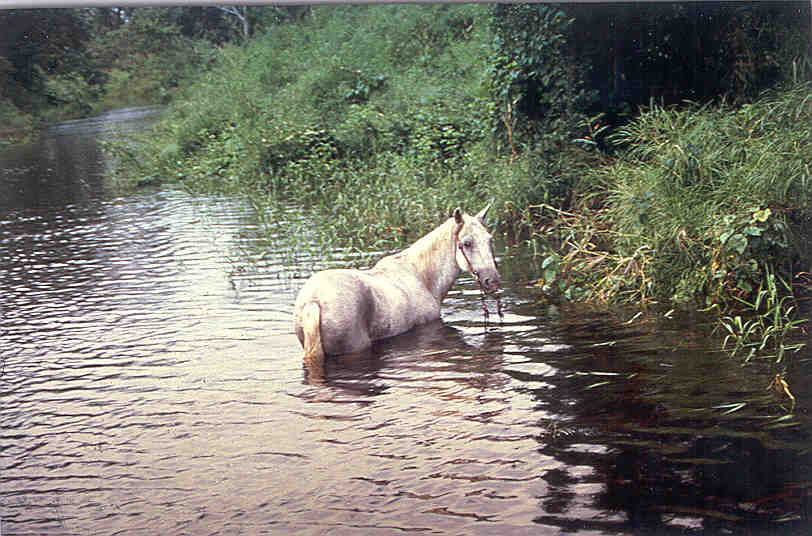
|

|
The World Society for the Protection of Animals has been a loyal supporter of the IBBR since 1998. Sally first worked with WSPA during the plans for the Turkey sanctuary for the confiscated dancing bears in Turkey. During that time, Sally's mother suffered from health issues. Sally left her job to try and work from home while being there to help her mother. Funding previously came from her paycheck. She withdrew all her retirement funds early to support the bear program during the time she wasn't working. When that was gone, funding for the bear program came to a screeching halt. With a very heavy heart, Sally began making plans to shut the program down.
When Victor Watkins at WSPA headquarters in the UK found out, he and the Libearty Campaign at WSPA stepped in to provide funding so the bear program could continue. WSPA definitely saved the bear program and many orphaned cubs since that time. They have been a good friend, providing financial support and encouragement. Every year we need to raise money to help these orphaned cubs. With WSPA's help and the donations of others across the country and the world, we plan to continue this bear program for as long as there are orphaned cubs.
When asked about WSPA, Sally responds, "WSPA and Libearty saved my life because they saved the lives of the bears I love. It would have killed me to shut this program down, to be forced to turn away from helping these orphaned cubs. How does one do that? How do I look into the eyes of such a beautiful spirit and say, I'm sorry, I can't help you? Thanks to WSPA and Libearty, I didn't have to face that. I couldn't have asked for a nicer group of caring people to work with. They do such good work to help animals all over the world. They opened doors for exchanging information on bear rehab that I might not have been able to open on my own. Thanks to them, bears everywhere are receiving badly needed help. WSPA and Libearty will always have my loyalty and devotion."
Today, the bear rehabilitation techniques used by IBBR are being shared with WSPA member societies around the globe.
About WSPA
WSPA works with more than 950 member organizations in 155 countries to raise the standards of animal welfare around the world. WSPA's vision is a world where animal welfare matters and animal cruelty ends.
WSPA has 13 offices and hundreds of thousands of supporters worldwide. The majority of WSPA's work takes place in developing nations, many where the words “animal welfare” are seldom heard and where the greatest need for resources, funding, support, and education lies. WSPA responds to disaster situations on the ground, campaigns to end specific forms of cruelty, encourages communities to respect animals through education efforts, and funds sanctuaries for animals rescued from exploitation. WSPA also acts as a representative body for animal welfare groups around the world and is the only animal charity to hold consultative status with the United Nations and the Council of Europe.

Disaster Relief: WSPA has a long and distinguished history of providing emergency aid to animals affected by manmade or natural disasters. In the wake of floods, volcanoes, earthquakes and even war, WSPA is often the only organization on site to help animals. Specially trained staff rescue and treat injured animals, set up temporary shelters, provide veterinary medicine and fresh food and water. In recent times WSPA's rescue team has worked in India, Myanmar, Thailand, and the Caribbean.

Bears: WSPA has raised awareness of the threats facing bears around the
world and has been instrumental in ending bear dancing in Turkey and Greece by
building sanctuaries for rescued bears. Farther afield, WSPA has helped to
establish or improve sanctuaries in Thailand, Hungary, Idaho, USA, Pakistan and
India. WSPA is also working to end cruel and unnecessary practices such as bear
baiting and the farming of bears for their bile.

Apes: Logging and the bush meat industry are quickly destroying both the
habitats and viable populations of wild apes. WSPA is working to help both wild
and captive apes by building or funding naturalized sanctuaries for apes in
throughout Africa and even in Spain.

Companion Animals: Developing countries often lack the resources and
expertise necessary to humanely control dog and cat populations. WSPA provides
technical training, funding and equipment so that communities can learn how to
keep their companion animal populations healthy and manageable.

Farm Animals: Farm animals represent the largest number of animals
affected by abusive and inadequate living conditions. WSPA's Farm Watch campaign
is active in developing countries, helping local farmers to adopt humane
conditions for their animals, and reject harmful factory farming practices.
For more information, visit the websites of the World Society for the Protection of Animals at: http://www.wspa-usa.org and http://www.wspa-international.org/